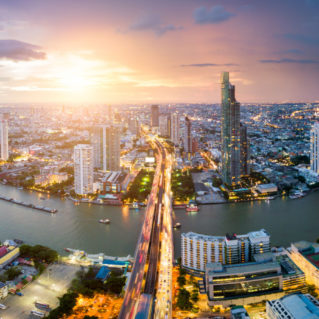In 2017, Mary Kay launched a joint project with UNDP China, the China Women’s Development Foundation, the China International Center for Economic and Technical Exchanges, the Women’s Federation of Yunnan Province and Yongren County Government called “SDG Pilot Village Project: Women-focused Poverty Reduction and Sustainable Development.” Through that effort, Mary Kay has worked to improve the lives of rural women, recognizing that doing so is the key to fighting poverty.
Through this effort, the project “addressed the structural barriers to women’s labor market participation, including through the provision of social protection and the creation of green entrepreneurial opportunities through ecotourism, coupled with efforts to enhance women’s leadership in community decision-making forums.”
“The women-focused approach of providing entrepreneurial opportunities to rural women proved to be transformative,” said Wendy Wang, President, Mary Kay Asia Pacific Region. “When women started participating in economic development and consequently gained status in their communities, the whole village benefited.”
Phase 1, which took place during the time period of 2017-2021, resulted in significant achievements, including:
- The proportion of Waipula villagers living below the national poverty line falling from 28% in 2017 to 0% in 2020
- 60 households and 193 people were lifted out of poverty by 2020
- 210 seasonal migrant workers and 120 long-term migrant workers, most of whom are women, were able to return home to find employment or start their own businesses
- 607 local women found employment and raised their income
- Some women were able to emerge as community leaders and take roles as members of the village committee
“This project shows how entrepreneurship can be a powerful tool in addressing the income gap between men and women while fighting poverty in rural areas,” said Beate Trankmann, UNDP Resident Representative in China. “Yi women have gained the right skills and resources to leverage their cultural heritage, built solid economic foundations for themselves, and become leaders in their communities, paving the way for future generations.”
Phase 2 of the project, which will end in 2024, endeavors to accelerate entrepreneurship and raise incomes for women, promote diversity and inclusion and protect the natural environment by promoting sustainable villages.


